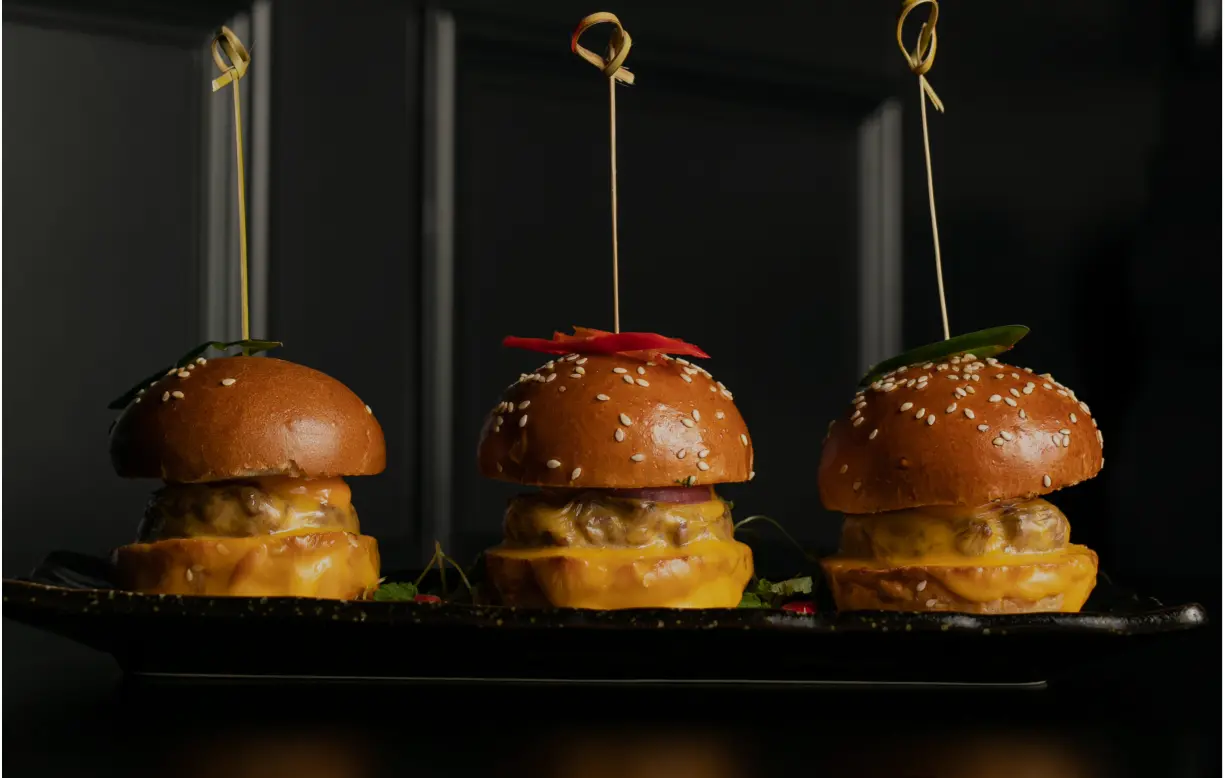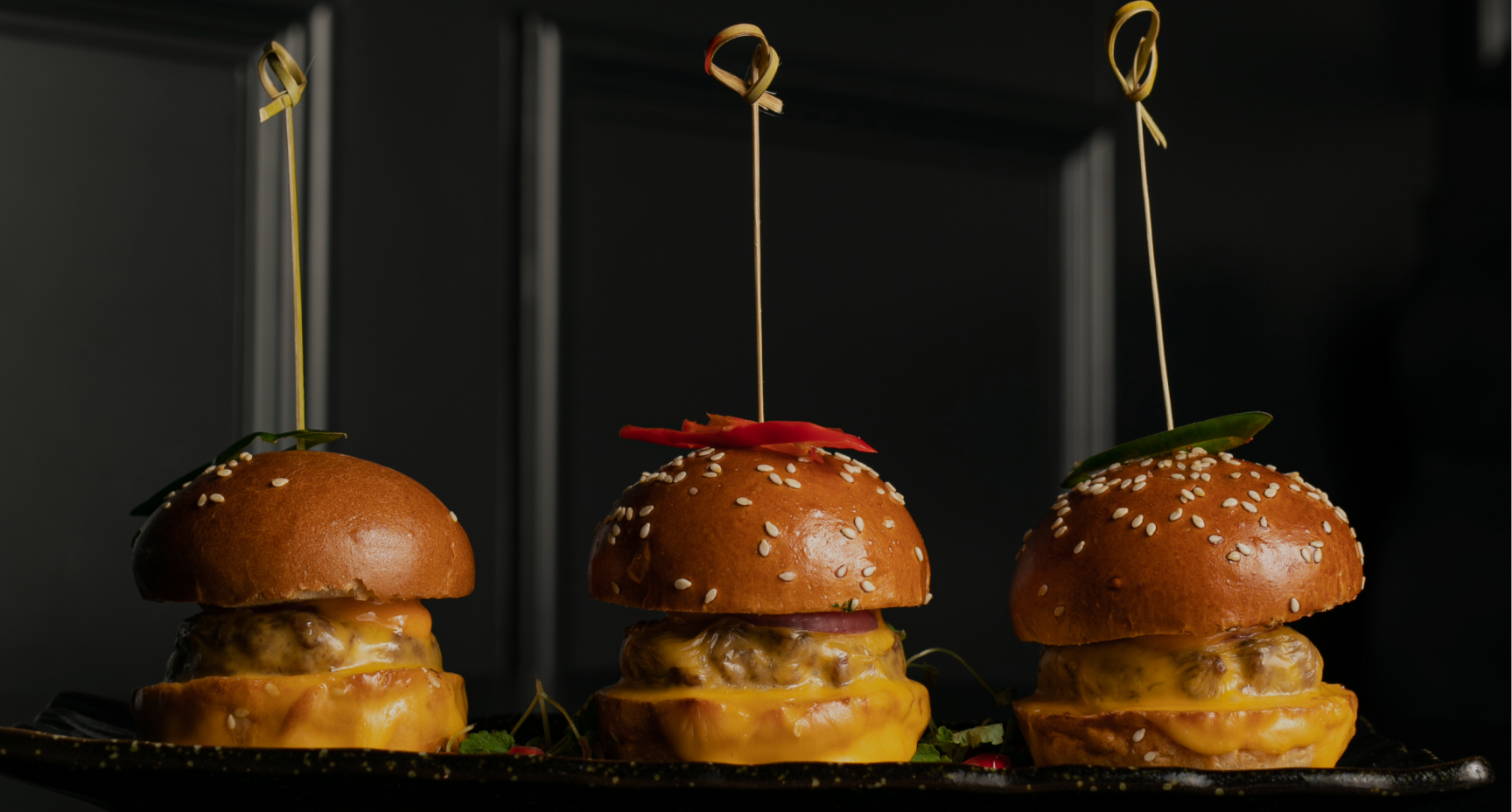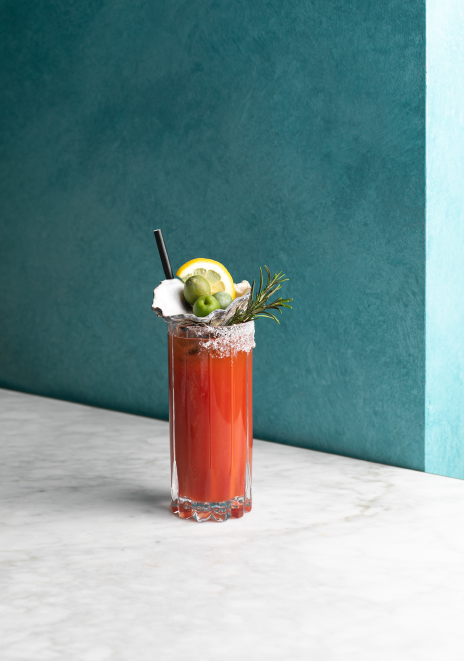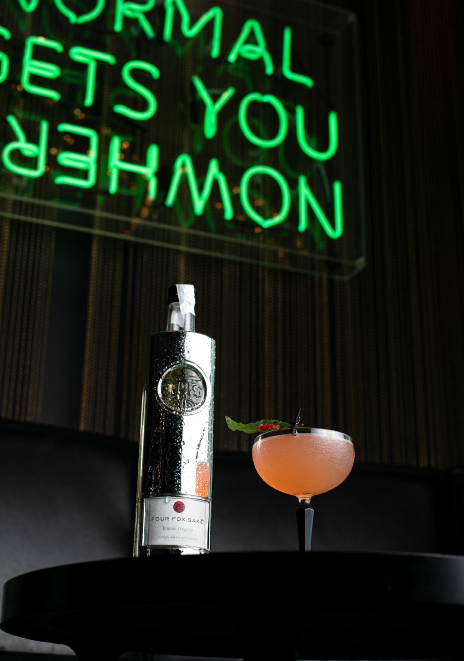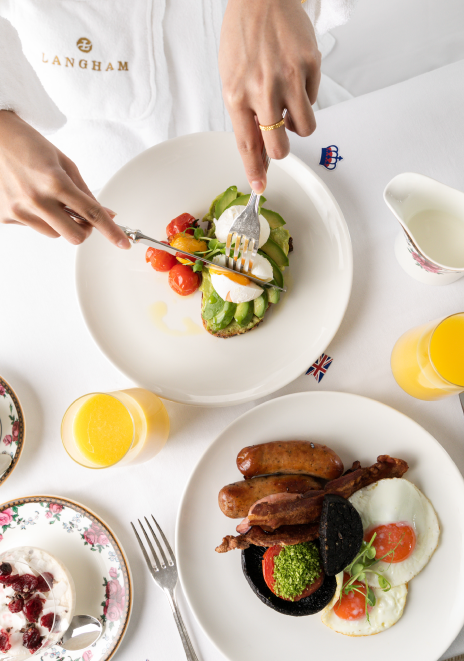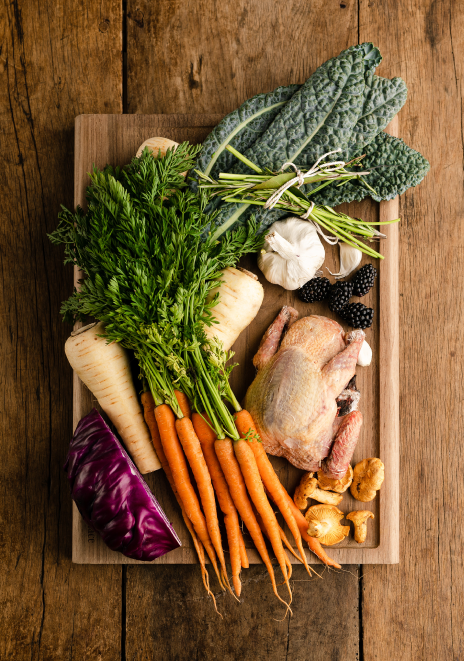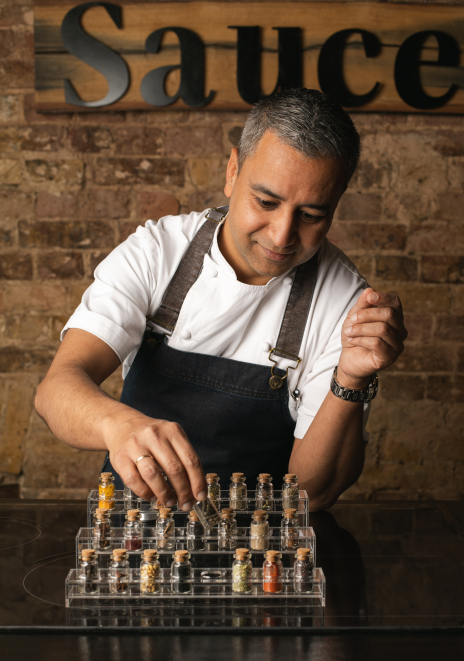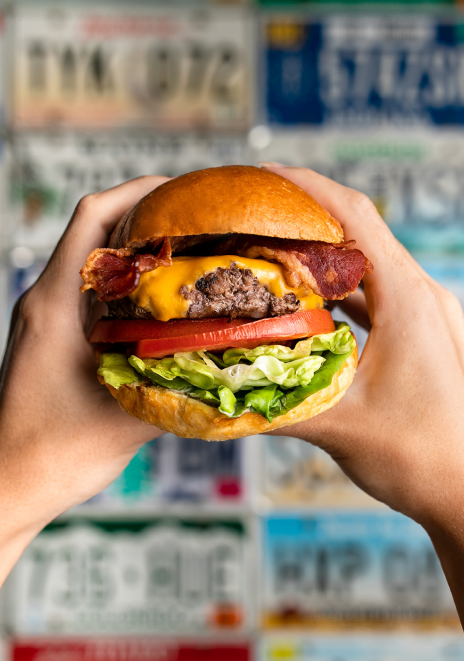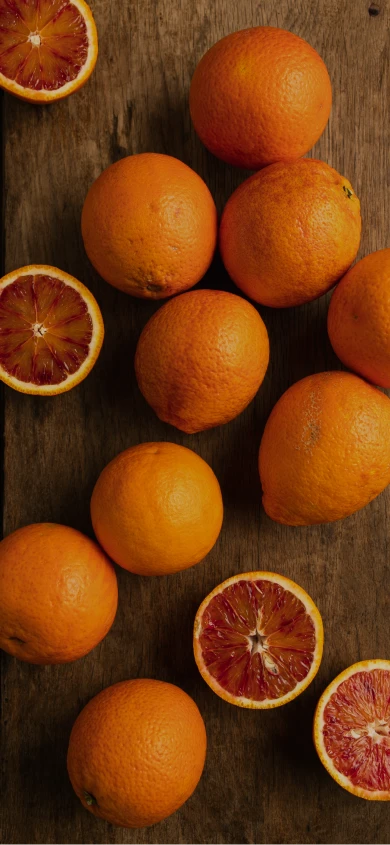
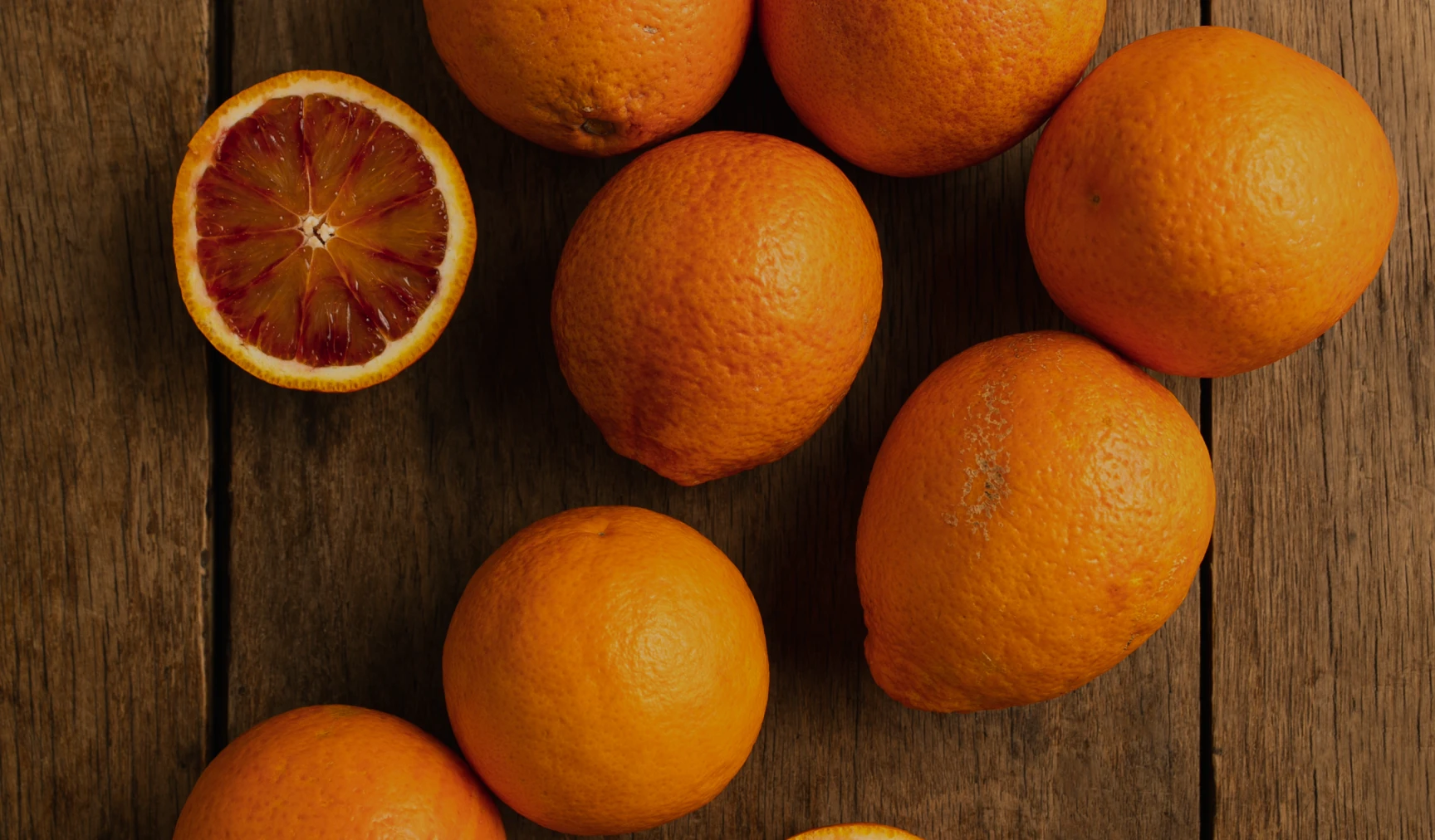
We are passionate foodie creatives based in London.
We offer bespoke content creation services to the F&B industry.
5+ years of experience with restaurants, bars, shisha lounges and brands.
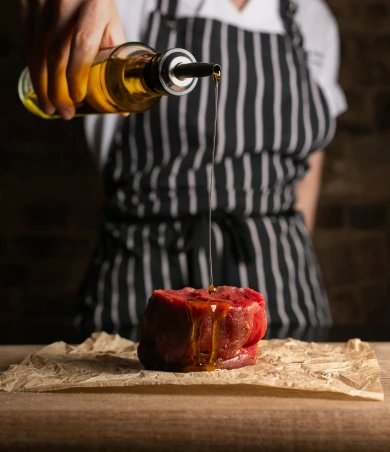
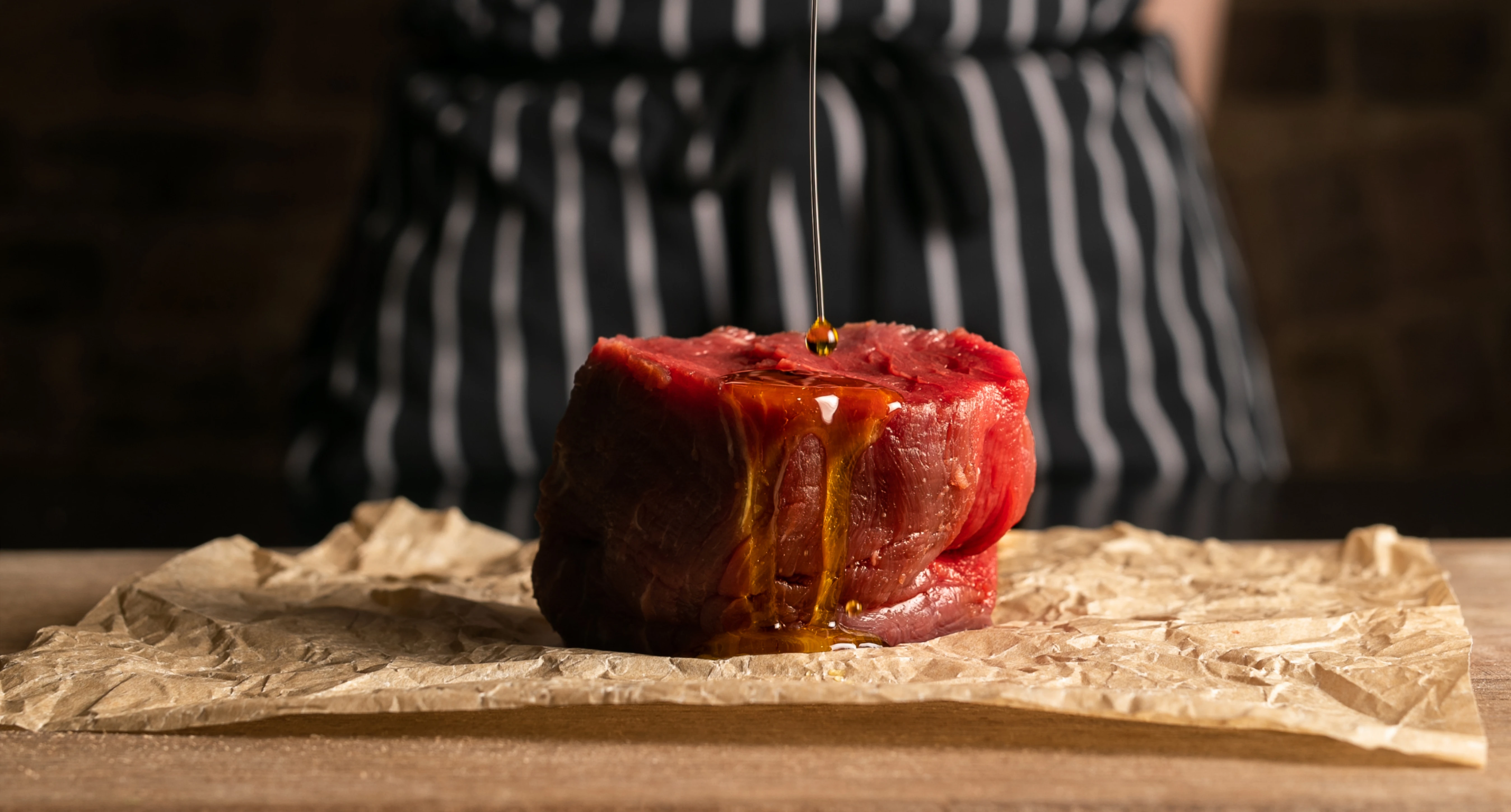
Gorgeous photos & videos
Make your menu and F&B products stand out on web and social media
check out our work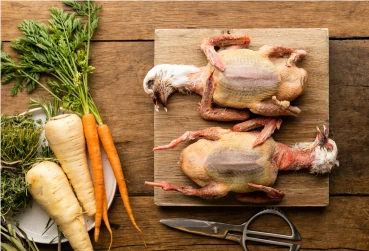
We can design the concept and develop mood boards and story boards based on each Client’s individual brief.
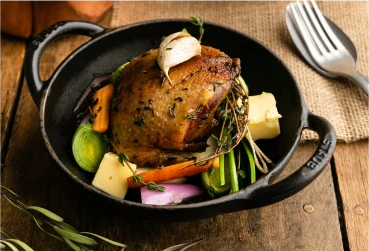
From a minimum of 2 hours to multi day shoots. We do photos, stop motions and short form videos. We shoot both on location and in studio.
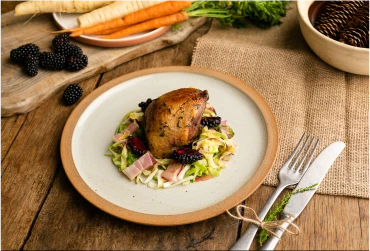
24 hours to 7 working days turnaround to deliver content to the Client.

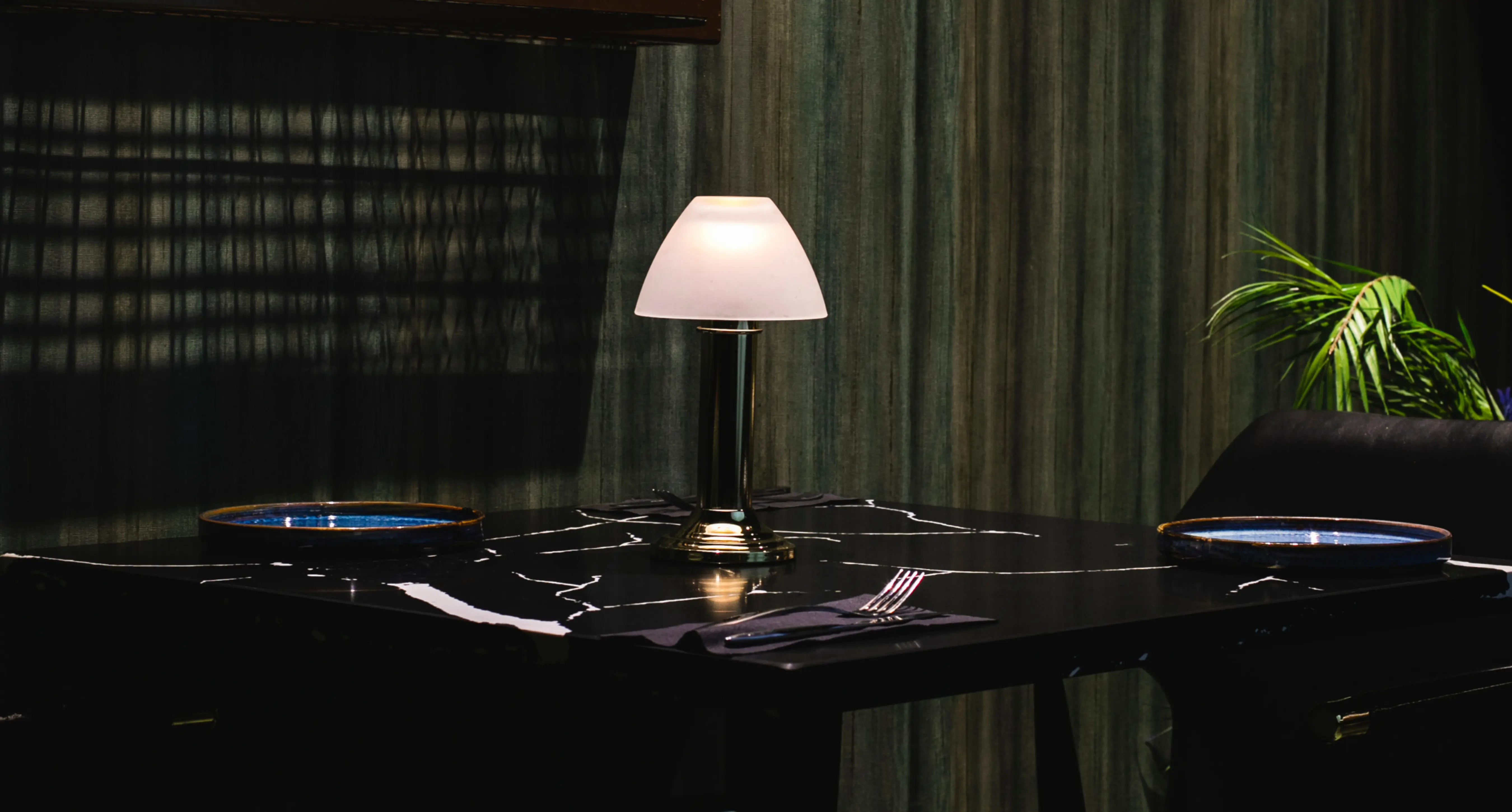

Not only food & drinks
We also shoot interiors, team photos and head shots for a 360 content creation service.
contact usCase Studies
Our Creative Director Raffaella Bichiri has shot food and drinks for some of the most renown F&B establishments in Hong Kong and London such as Duddell's, Louise, Artesian Bar and many others.
She's currently based in London. Get in touch to book a trial shoot.
check out our portfolio